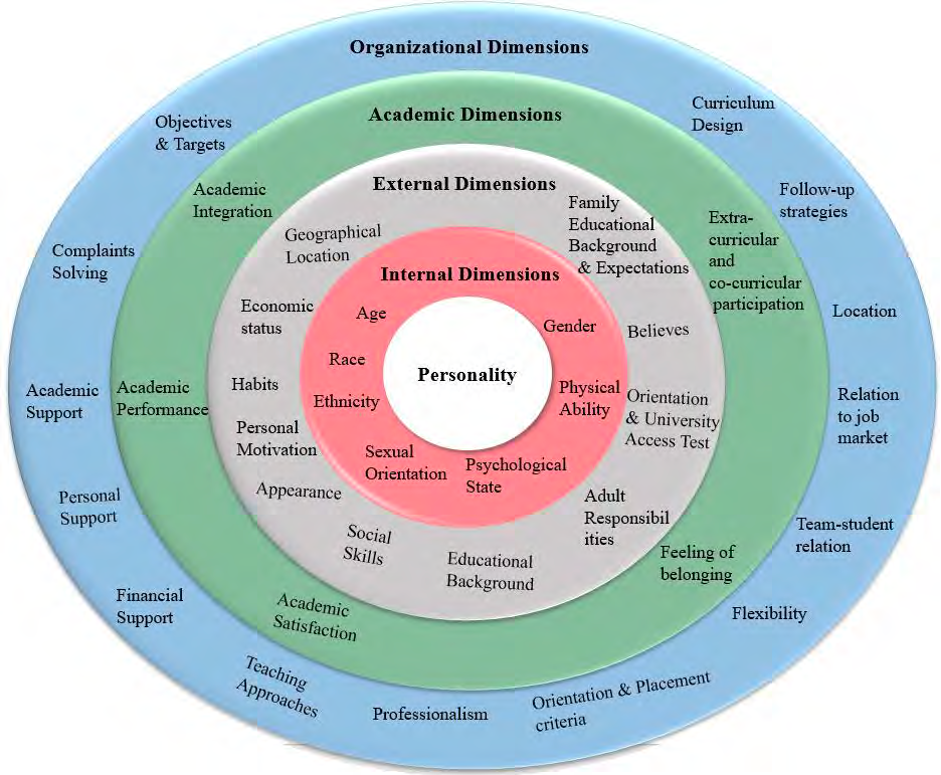Academic performance and programme satisfaction are the most important reasons why students drop out of higher education, new research conducted by a management member of GBSB Global Business School reveals.
Hind Naaman of the department of Education Management at GBSB Global researched the topic of higher education dropout and studied over 200 pupils at two Catalan-based public universities, and developed a five-dimensional “Dropout Wheel” to project the reasons why students choose to discontinue their university education.
Students were observed to develop more serious and frequent thoughts of dropping out as they progressed in their degrees, with many beginning to feel unprepared to start a professional career. These feelings demotivate students in their studies, and encourages a dropout mentality.
Weak support structures and poor complaint resolution procedures only increase the likelihood of students leaving university without completing their courses.
“It shows a lack of attention to students’ needs and weakens their feeling of belonging to the institution,” says Naaman.
“There must be a positive relationship between organization and individual to create a sort of institutional satisfaction that can lead to perserverence in studies, a sense of belonging in students, and a decrease in dropout chances.”
The results of Naaman’s study, which were published in The European Educational Researcher, are invaluable to universities trying to improve their student retention, particularly since the commitments laid out in the Europe 2020 commission.
By understanding the reasons why students drop out of education, universities can introduce relevant strategies to encourage students to stay on to course completion, or redirect them to transfer to other institutions where they can continue their learning.







